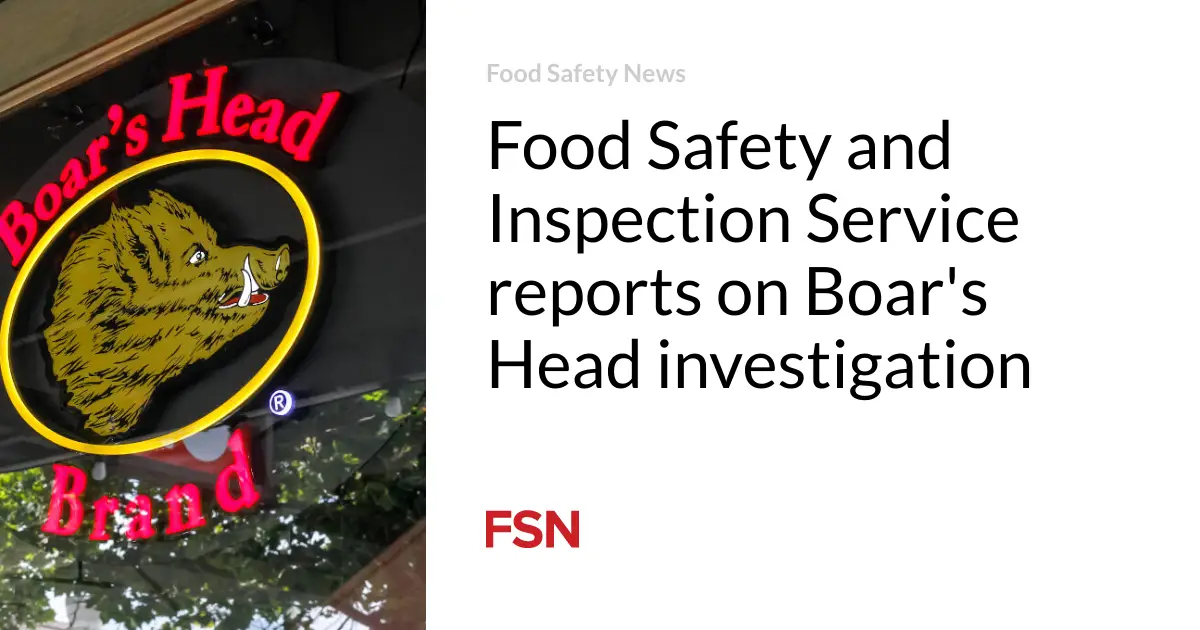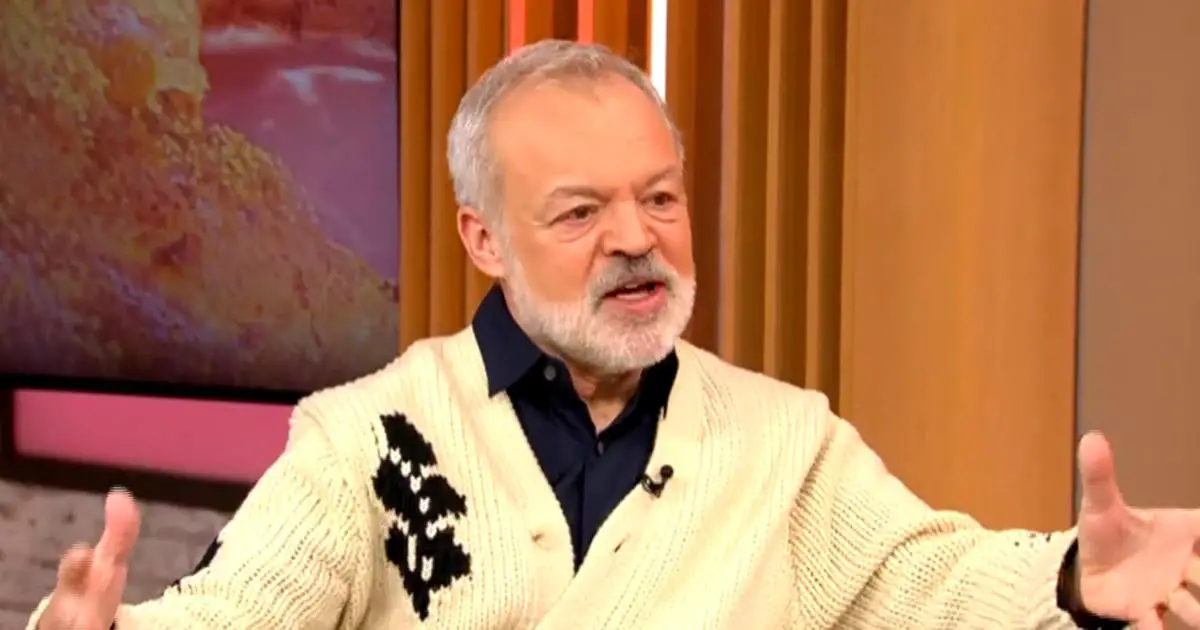Katharine Hamnett has been plotting. On the cracked, peeling screen of her battered iPhone, she’s scrolling through what she hopes to be the blueprint for, come polling day, a ballot box-based revolution. It’s a PDF with an array of mocked-up billboards, each emblazoned with a policy or slogan. A designer and campaigner renowned for her political punchiness, she has made the text snappy and succinct, all in trademark capital letters. “In here is everything that’s missing,” she laments, “from this so-far awful election. Both main parties want us to feel like progressive ideas are in the bin. Forgotten. We mustn’t let them.”
She reels off a selection: “Vote freedom to protest; vote free education; vote save the NHS; vote let aid into Gaza now.” There are plenty more. “Vote legalise, nationalise and tax marijuana; vote help refugees; vote ceasefire; vote good, free public regional transport; vote roller-discos.” Yes, roller-discos. “I did some research while working with Podemos in Spain. They foster community and solidarity. Isn’t that fun?” Another, her overarching mantra: “Our vote is the most powerful tool to get the world we want. I want that one all over.”
Her plan is simple – in cahoots with organisations such as Led By Donkeys: get these messages plastered nationwide across public spaces. “Politicians aren’t talking about this stuff, but it’s hugely popular. If I put them out and get people talking, maybe the parties will have to pinch them. It could swing the dial. And if not, it’s a reminder to all of us that we deserve to vote for the future we actually want. That these ideas are still possible, even if the likes of Starmer and Sunak want to pretend they’re not. That we can. We should. We must. That it’s our money they’re spending.”
One design, DON’T LET THEM STOP YOU VOTING, has already been popping up across the capital; a statement on new voter ID laws and fears students would be kept off the electoral register. There’s a website, too. Her next stop is Glastonbury: these posters will be erected at Block9, the festival’s late-night, anything-goes, politically charged party corner. “I’m not hugely keen on mud and late nights, but for this? I’ll do it.” She’ll have a booth to answer punters’ questions. “Because this election,” she is sure, “and then those in Europe, the United States and beyond this year are the most important of our lives. The whole future of life on Earth will be decided in them. We’ve got to do something. This is my part. If I wasn’t doing it, I’d go mad.” The phone is returned to her handbag, from where she pulls a cigarette, then lights it.
With the promise of sun, we’d planned to meet for coffee at a London community garden café. But the weather is grey, wet and blustery, so we find shelter on a sofa under a canopy. Hamnett is dressed in black, head to toe; her dog, Arthur, lies loyally beside her. Now 76, Hamnett suggests I sit closer. One of her ears, she explains, is on the blink. I offer to grab us hot drinks. “Or a glass of wine to loosen the lips…” she suggests. I oblige. It’s immediately apparent, however, that to this end no Pinot Grigio is required.
“I’ve been so focused on the election,” she begins, “and what’s on offer from Labour and the Conservatives is pathetic.” She’s not holding back. “Starmer? He’s a shitbag. I want to be expelled from Labour, but I haven’t been yet. I’ve got a feeling they just scrubbed my membership out.” She voted for Starmer in the 2020 Labour leadership race, but feels let down. “He claimed he was going to carry on with the progressive principles that were in place. Watching him reneging on the reasons I voted for him? I was furious. I still am. It’s betrayal and shameless.”
Hamnett has rarely shied from being frank and outspoken. In 1984, she wore a self-designed, anti-Tory T-shirt (58% DON’T WANT PERSHING, a reference to widespread opposition to US missiles being based in Britain) to meet Margaret Thatcher at Downing Street, grabbing national attention. At London Fashion Week 2003, her models wore “STOP WAR, BLAIR OUT” shirts with the invasion of Iraq looming. In February this year, she once again made headlines. To Instagram, she uploaded a short video: emerging from her front door, donning a “DISGUSTED TO BE BRITISH” T-shirt, she dumped her CBE in a dustbin. She kept things brief: “I’m disgusted to be British for our role in genocide in Gaza,” she said to camera. “This is my CBE. It belongs in the dustbin, with Sunak and Starmer.”
“I’m just so devastated by what’s happening there,” she says today of the decision. “I had to do something. Anything: I refuse to be part of it. I felt so helpless, but needed to dissociate and distance myself from this disgusting government defending and supporting the atrocities in Gaza.” The Labour leadership, she feels, has been equally complicit. She’d read about a former Scottish police chief who’d handed back his gong for similar reasons. “And what did I want that stupid thing for anyway? My son is a filmmaker. I said to him: will you capture me putting this in the trash? I put the footage online, and it travelled quickly.” Typically, she was shrewd in her messaging. “All the news channels and papers wanted interviews, but I said no. Everything I wanted to say was in the clip, so that’s all they could show: it spread my message precisely as intended.”
While her latest campaign is, strictly speaking, not party political, it is candidates from beyond the major parties that she’ll be backing. “For me it’s about independents. Jeremy [Corbyn] is standing, he’s good. This guy Andrew Feinstein is standing in Kier’s seat. He’s fabulous and worked with Nelson Mandela.” There’s progressive candidate Faiza Shaheen, now running as an independent having been blocked by Labour HQ from running in Chingford.
“They could be the leaders of the independents,” Hamnett hopes. “A loose collation. If Labour gets in, I fear it’ll be indistinguishable from the Tories. It might even get worse. If we had everybody voting for decent independents, we’d have weaker Conservatives, weaker Labour. Who knows? They might be the kingmakers. And I think there’s a real chance. So many people are disgusted with Labour, revolted by the Conservatives. Our political system isn’t fit for purpose.”
Hamnett today is one of the British art scene’s last true, obdurate radicals. Life didn’t start that way. Her father, an RAF man, became a defence attaché in MI6, posted to early Nato. “And really,” she says, “you don’t get more establishment than that. My parents were the sort of people who wouldn’t allow me to do yoga at school. They feared it had communist affiliations.” When she was six, the family moved to Paris, then Bucharest and Stockholm. British boarding schools felt just as oppressive. “Cheltenham Ladies’ College wasn’t a particularly progressive place,” she regrets, “and neither was the ghastly prep school I’d been to before in the boondocks of Herefordshire.”
While studying fashion in London, all this changed. “I arrived at Central Saint Martins in the mid-1960s, its golden days. We were all waking up to the injustices and criminality of colonialism. The Vietnam war. Everything happening was completely wrong and we needed to stand up and do something about it. My family all voted Tory. Suddenly I was a socialist. Going home was difficult.”
She entered her industry wide-eyed and optimistic. “Naive, actually,” she self-corrects, “totally fucking oblivious.” She briefly went into business with a friend, then freelanced before setting up her label in 1979. It proved hugely successful. “It was ridiculous. Companies would buy our whole collection. I was my own boss, no backers, entirely self-funded. It meant I was free to say whatever I wanted.” And she did, starting with the T-shirts. “The styles from our collections were all being copied – the highest form of flattery. If that was going to happen, why not, I thought, make large-print shirts that could be spotted from 300m away, with ethical and environmental issues that needed attention? I’d be thrilled if they were replicated.”
Soon, Hamnett turned her focus on to her own industry and business. “It’s easy to be successful if you’re a cunt,” she believes. “The challenge is to try to be successful and not be one; to be a decent human being.” The ideas, she assures me, are borrowed from Buddhism, even if the Tipitaka is lighter on profanities. “So I wanted to check the environmental and social impact of the clothing and textile industry,” she says, “thinking it would be fine. I just assumed it’s fashion: we couldn’t be doing anything that wrong making clothes. Around 1989, we did this research.” A report was commissioned. “And, oh my God, that was a wakeup call: thousands of farmers dying every year from accidental pesticide poisoning. We were destroying the environment and killing workers. The industry was making people sick, keeping them in slavery, devastating ecosystems. Every single material had a huge footprint: leather, PVC, viscose, Teflon – even bamboo is a total greenwash. Dying and tanning processes? A nightmare. I realised quickly I was in the wrong job. Our impact was disgusting.”
Today, fashion’s ramifications for people and planet are widely known. Hamnett was a pioneer; the first to blow the whistle. “I had licences all over the world,” she says. “I decided to say to all these clients and buyers: see what’s happening! We’ve got to fix it! I thought they’d all be shocked and agree. That I would persuade them to change.” This proved unsuccessful. “That’s when I realised what business I was really in. A rotten, stinking cesspit, responsible for countless people living in the worst conditions and the destruction of the planet.”
after newsletter promotion
When one of her denim manufacturers refused to offer a profit share to a Senegalese project supporting cotton farmers going organic, she smuggled a Channel 4 News film crew on to his estate to demand his contribution. One leather supplier was secretly using cheap, toxic substances instead of agreed sustainable methods. Hamnett cut all ties. One by one, relationships crumbled.
The label agreed to work on a sustainable collection with an Italian fashion house. “The day before we went out to agents with the pieces, I noticed an issue with the denim. They’d used chlorine bleach. No, I said. It’s toxic. Their man turned to me and said: ‘Carry on with this ethical and environmental shit, you can take your collection and fuck off.’ That pretty well summed up the industry.”
Still, Hamnett persevered in her efforts to start a sustainable fashion revolution. “I was patronised, ignored and dismissed. This was the 90s and 00s. People just wanted to have fun, that was the zeitgeist. They hoped it would all go away. They were having a nice time. And it was going to hit the bottom lines.”
It felt like her own company was against her at times. “They weren’t rigorous enough and there was big money at stake. We were turning over millions. The revenue started to shrink as materials and processes exposed themselves to be harmful. Even some of the processes I invented, like stone washing, were totally toxic. I’m by no means guilt-free. I did all sorts of terrible things. I was the first person to put Lycra in denim, for instance.” The business shrunk. “Things just sort of petered out. It’s a shame. I like clothes. I like fashion. I love to make clothes that make people happy and help them function. But that’s what happened. I was left with the T-shirts.”
She turned her focus to activism and charity collaborations, her “CHOOSE LOVE” T-shirt design, the most famous, raising millions to support refugees. “It’s a simple, clear message,” she says, “an antidote to so much hate. It’s the best one I ever came up with. It’s the lens through which we should all look at the world; the antithesis to everything that’s happening in politics.” Does it sting that so much of her other creative output is often left out or forgotten? She shrugs. “I’d much rather be doing this than be stuck in some old fashion house trying to keep itself alive with a 76-year-old boss competing against companies producing beautiful things from Uyghur slave labour in Chinese prison camps.”
For decades, Hamnett’s family was London-based. Married, now separated, she has two adult sons, and a grandchild. Post-Brexit, the clan sold up, upped sticks and headed to Mallorca. “Honestly,” she says, “I just thought fuck this.” Right now, though, she’s back in London, renting, crashing in a rental flat. The future feels uncertain. “Spain is lovely,” she says. “Devastatingly beautiful. I have gorgeous friends. But this is an emergency. I can’t just sit around there, soaking it up. I’ve come back and feel like I can actually achieve something here. Be part of something. Whereas in Spain I’m a nobody. I’d feel terrible after all the work I’ve done before not trying now. I have a voice I can use for something positive.”
And Hamnett has so much to say. Reform to childcare funding; legalisation of cannabis; the cancellation of student debt. Do I know about direct democracy in Switzerland? She’s curious, obsessed with solutions and potential. Her radically progressive views might have been forced out of the political mainstream, but her optimism is unrelenting. “Hello,” she exclaims, “what choice do we have?” She pretends to slap me round the face, as if to wake me. “We can’t feel sorry for ourselves. Channel it into creative energy. Stay angry as hell and do something. Our votes are an incredibly powerful tool. I believe in people. And I think I’m right, even if we all need to just wake up a bit. We can truly get our green and pleasant land in this country. A different Jerusalem if we take this chance.” Another cigarette. “I really do hope this works. I do believe humans are 99% good. There’s just a few rogues who go out there and seize power. Let’s stop them.”
Katharine Hamnett will be collaborating with Block9 at Glastonbury Festival, 26-30 June (votavotovotezvote.com)




